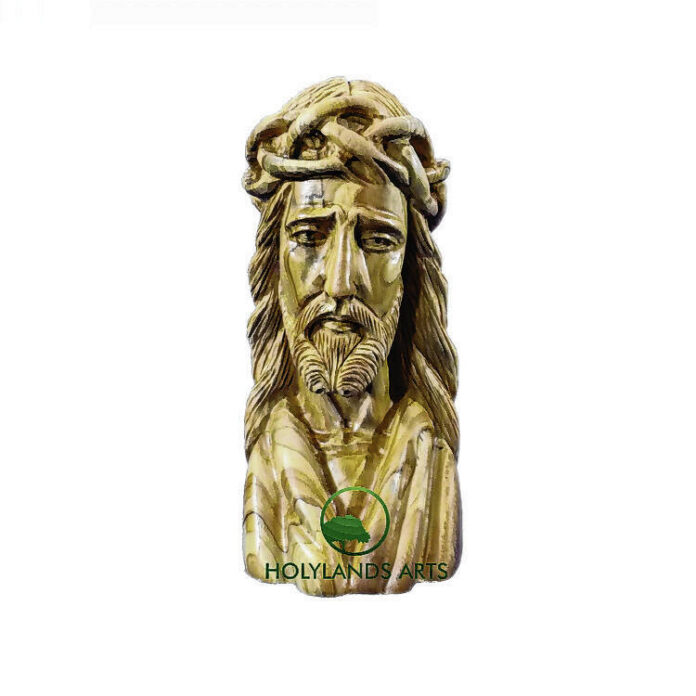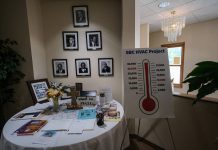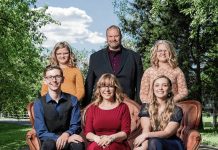With the ongoing COVID-19 pandemic and other challenges, tourism remains down in Israel. And that significantly hurts the livelihood of Ward Qumsieh’s friends and relatives working as hand-carving artists in Palestinian cities such as Bethlehem, his hometown.
With fewer tourists, they have seen dramatically fewer sales of their religious-oriented work in small markets and shops.
But Qumsieh has been working to change all that through an organization he launched in 2012. He and his wife and two children moved to St. Louis, Missouri, a decade ago and began Holy Lands Arts.
Its purpose is threefold: to sell the religious art of Christians, a huge minority in Muslim-dominated Israel; to promote and to book tours to the Christian sites in Israel; and to spread awareness of the severe injustices and limitations being imposed upon Christians there, according to Qumsieh.
He will do a bit of all three of those May 7-8 when he visits St. Peter’s Lutheran Church in Columbus. He will sell Christian art pieces ranging from small, $5 and $10 olive wood works to oversized efforts valued at more than $1,000.
“By my doing this promotion, I’m not only helping provide some income for the artists there,” Qumsieh said, “but I also am raising the awareness of the real situation with Christians there — and what Palestinians are facing not with the people themselves, but with the Israeli government and their ideology … that non-Jews are second-class citizens. It’s in even the actual constitution.
“Because of the physical walls erected (around Bethlehem in 2003) and other limitations, it’s not very normal for Christians to even meet an Israeli, actually. But I have a few Israeli friends, and I know that they are normal people who just to go on and live their lives, just like us.”
The last time Qumsieh visited St. Peter’s Lutheran in 2020, about 500 people browsed among the works he brought with him. Some people in some churches he visits sometimes disagree with his viewpoint on the matter between Israelis and Palestinians.
“But they’re usually respectful, and we can agree to disagree,” he said. “It’s normally not a big deal at all.”
St. Peter’s Lutheran Church Pastor Mark Teike, who has spoken frequently with Qumsieh, understands.
“For those people who live in the West Bank — life is very difficult for them,” Teike said. “And I want to be careful not to make this a political issue.”
Qumsieh never takes for granted the freedom he now has in the United States.
“Here in St. Louis in the United States, I can jump in my car and drive to Columbus, Indiana, anytime I want,” he said. “I certainly didn’t have that kind of freedom of movement there in Palestine. That limitation is certainly something that I do not miss.”
But he still yearns for change.
“Yes,” he said. “Our Christian faith teaches us that we certainly need to stay hopeful. And we have to remember that Jesus Christ, even when he was betrayed, never lost hope. And we must have that same mentality.
“These injustices that we Christians have been through over there have only made us stronger.”





